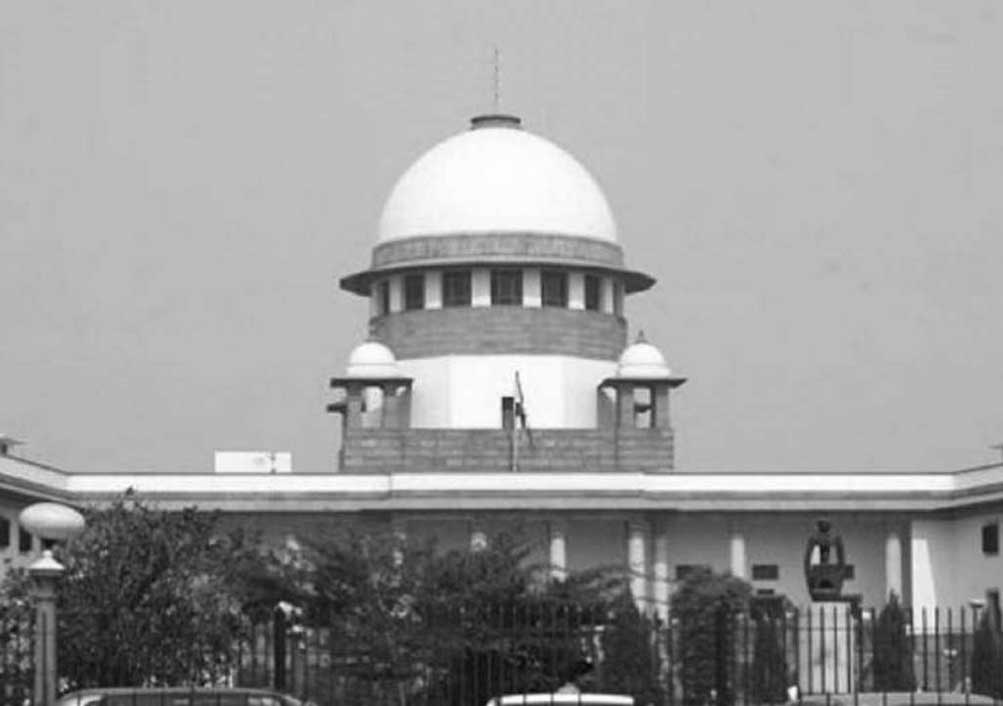In Criminal Appeal No. 688 of 2011 -SC- Supreme Court holds appellants encouraged attack, but did not intend to kill; Upholds conviction for attempt to murder, sets aside conviction for murder
Justice Hrishikesh Roy & Justice Manoj Misra [21-09-2023]

Read Order: Sunil and Ors V. State of NCT of Delhi
Chahat Varma
New Delhi, September 22, 2023: The Supreme Court has upheld the conviction of two men for attempt to murder under Section 307 of the Indian Penal Code (IPC), while setting aside their conviction for murder under Section 302 of the IPC.
In this case, the incident stemmed from a dispute between two families, namely Sri Krishan's family and Satpal's family, over allegations of one family's boys teasing the other family's girls. Following the altercation, an individual named Babu Ram @ Fauji, left the scene along with the appellants. Thereafter, they all gathered on a rooftop, where the appellants were seen encouraging Babu Ram to attack the opposing side and their supporters. During this confrontation, gunshots were fired, resulting in the death of two individuals and injuries to 26 others. The state argued that it was evident that the appellants, by inciting the assailant (Babu Ram), shared a common intention with him in carrying out the attack.
The division bench of Justice Hrishikesh Roy and Justice Manoj Misra examined the law as to when conviction with the aid of Section 34 of the IPC could be made and noted that in order to establish liability under Section 34 of the IPC, it was essential to prove a common intention to commit the actual crime that was perpetrated. Each accused person can only be convicted of that crime if it was carried out in furtherance of the common intention shared by all.
The bench emphasized that for the appellants to be convicted of the murder of the two deceased individuals with the aid of Section 34 of the IPC, the prosecution needed to present clear and compelling evidence that the shots fired by Babu Ram at the two deceased were indeed part of the collective intention of all individuals. In the absence of such evidence, as was the case here, the bench concluded that it would be highly precarious to convict the appellants with the aid of Section 34 of the IPC for the offense of murder.
The bench further observed that while the evidence might not specifically identify the particular individuals targeted at the instigation of the appellants, the fact that indiscriminate firing continued for an extended period, approximately 20-25 minutes, and that the appellants were present and encouraging Babu Ram to open fire, it can be reasonably concluded that the appellants were aware that the act they were inciting Babu Ram to commit was extremely dangerous and likely to result in death or severe bodily injury. Therefore, even though it may not be entirely safe to hold the appellants vicariously liable for the murder of the two deceased individuals, given the nature of the incident, the numerous injuries sustained by individuals, and the role attributed to the appellants, the bench determined that the appellants should be convicted of the offense under Section 307 of the IPC with the assistance of Section 34. Consequently, the bench concluded that there was no need to interfere with the findings of the lower courts in this regard.
The bench further placed reliance on Shobhit Chamar & Another v. State of Bihar [LQ/SC/1998/305], where the Court established that a challenge to a conviction on the grounds of non-compliance with Section 313 of the CrPC, when raised for the first time in an appeal before the Supreme Court, cannot be considered unless the appellants can show that they suffered prejudice as a result.
The bench emphasized that for an accused to have the opportunity to explain the circumstances presented in the evidence against them, all incriminating circumstances must be presented to the accused during the trial. However, the failure to do so does not automatically vitiate the trial, unless it can be demonstrated that this non-compliance prejudiced the accused. The bench stated that the appellants had legal representation throughout the proceedings and had the opportunity to cross-examine prosecution witnesses. Since the appellants did not raise any such plea regarding the non-compliance of Section 313 of the CrPC, either in the trial court or the High Court, it can be reasonably assumed that they did not suffer any prejudice in this regard.
Thus, the bench concluded that the conviction of the appellants under Section 302 read with Section 34 of the IPC was unsustainable. However, it upheld the conviction of the appellants under Section 307 read with Section 34 of the IPC.
Sign up for our weekly newsletter to stay up to date on our product, events featured blog, special offer and all of the exciting things that take place here at Legitquest.




Add a Comment